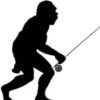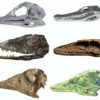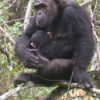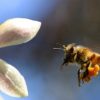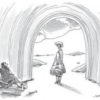An intriguing new hypothesis published in the journal Trends in Genetics suggests that we are losing our intellectual and emotional capabilities because the intricate web of genes endowing us with our brain power is particularly susceptible to mutations and that these mutations are not being selected against in the modern world. The papers’ author, Dr. […]


